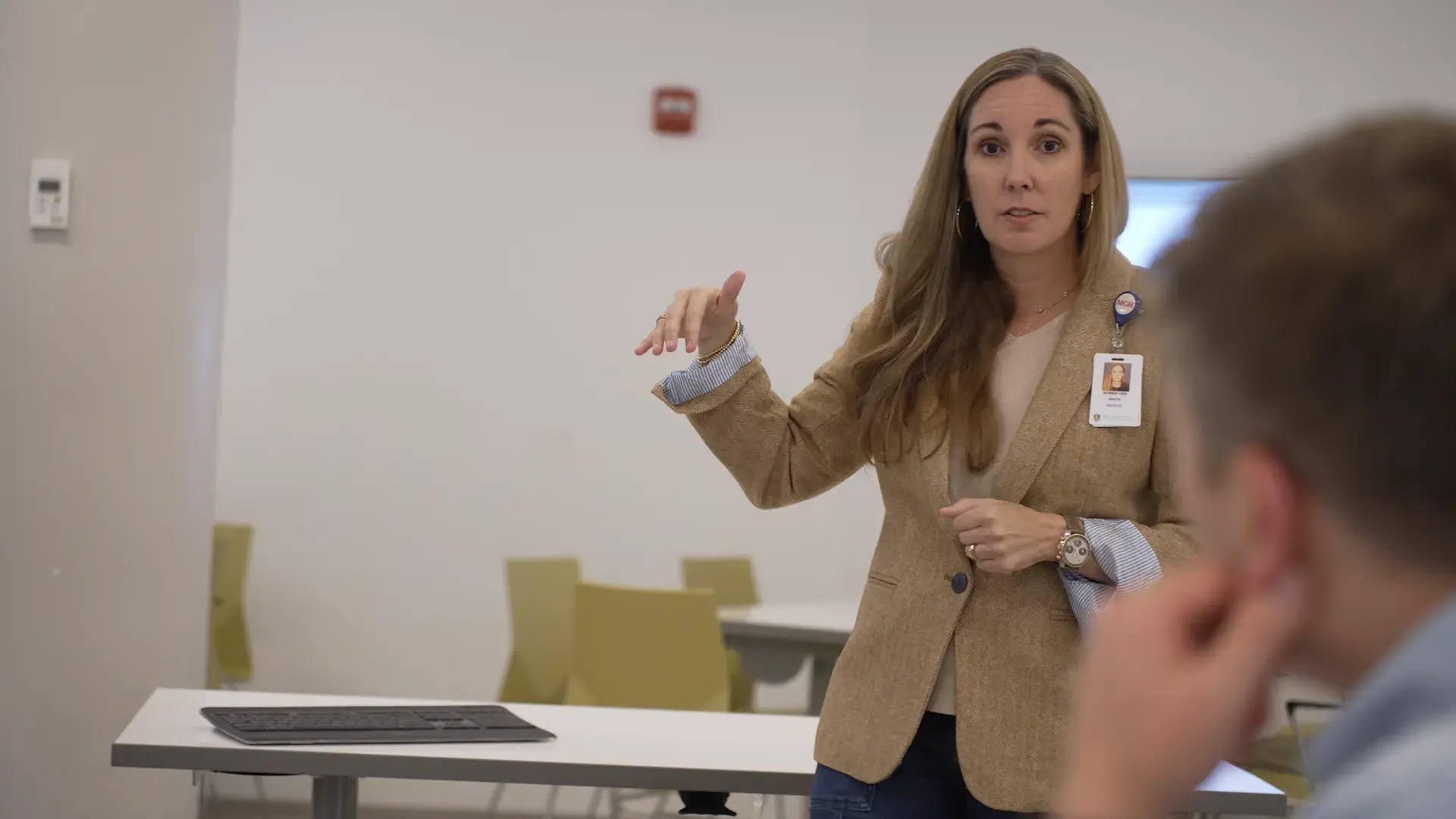
How important is Emotional Intelligence in a clinical simulation debriefing? It turns out anxiety, frustration or excitement can make or break meaningful learning. Three faculty members and a PhD student from the Health Professions Education program spoke about that topic in a recent webinar on HealthySimulation.com called, “The Surprising Truth About Emotional Intelligence in Clinical Simulation Debriefing.”
Associate Professors B.A. White and Suzan Kardong-Edgren, Adjunct Instructor Matthew Charnetski, and student Heather Epp led the webinar that explored how Emotional Intelligence competencies like self-awareness, self-management, social awareness, and relationship management can create a supportive environment that promotes learning, helps learners process their experiences constructively, and ensures that emotional responses do not derail the educational objectives.
“The Healthy Simulation participants really appreciated this topic, and they asked a lot of questions; this was our second session on emotional intelligence with this group” said White. “They're very engaged and quickly recognized the fact that they are already utilizing emotional intelligence in debriefing. It's already embedded in how they set up and facilitate their learning, but our session helps them name what they are doing and dive deeper. Suzie, Heather, and Matt are leading the way with simulation expertise and they brought me in for the emotional intelligence component. We are all excited to build the connection between emotional intelligence and simulation.”
The IHP quartet will be presenting at the International Meeting on Simulation in Healthcare (IMSH) in January.
